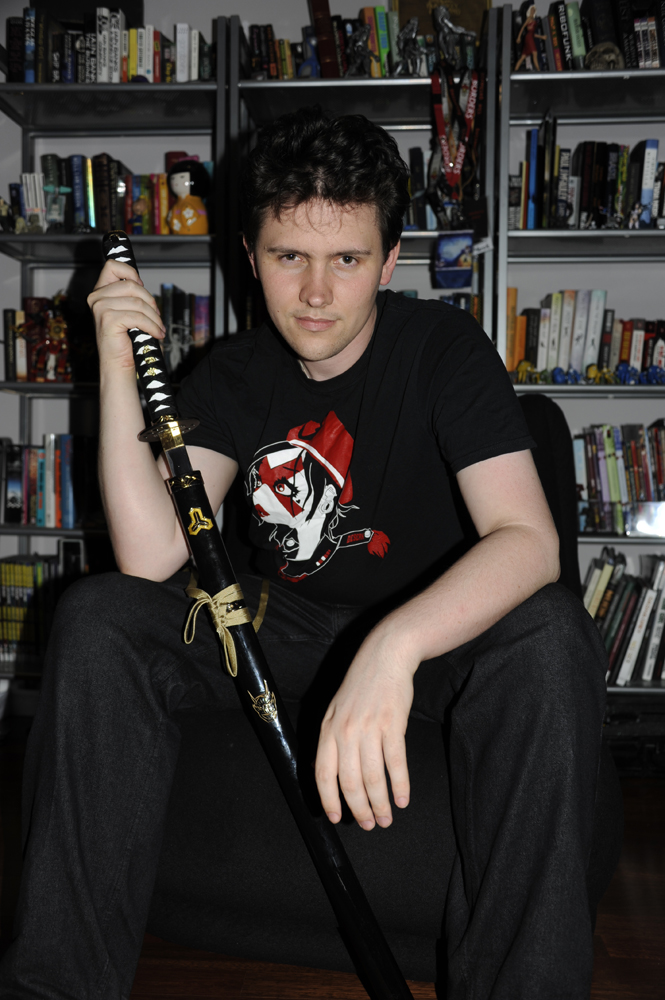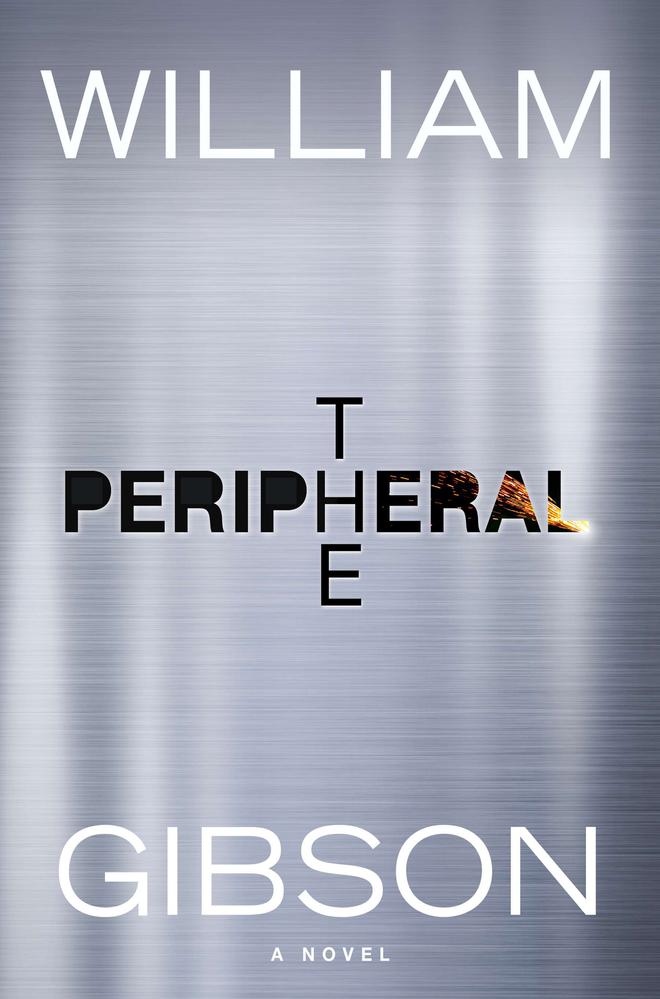
Jamie Marriage
Jamie Marriage is an internationally published Australian cyberpunk author with a taste for the dangerous and obscene aspects of life. His work ranges from the sarcastic to the satirical. Links to his work can be found at www.JamieMarriage.com
![]() Welcome to Abducticon! This weekend will be of this world.
Welcome to Abducticon! This weekend will be of this world.
Getting to read something light and crazy is a great pleasure in a world where so much so science fiction is dark and complicated. AbductiCon by Alma Alexander is a wonderful example of what you can do with familiar settings, pop culture, and a less serious tone.
Taking place in a generic science fiction/pop culture convention, the novel begins in the midst of the chaotic moments before the opening of a mid-sized convention catering to science fiction and fantasy fans, gamers, and the general geek community. Anything that could go wrong is going wrong: the posters are getting re-printed for the third time, the guest of honour missed his flight and out of contact, the coffee in the hotel is terrible, and there are some strange silver people getting in the way and confusing the staff.
Andie Mae — running the con for the first time after instigating a coup to assume power from the man who had been running it for the last three decades — is caught up in matters common to those in convention management when, suddenly, she has to face a crisis not only unimagined by previous management, but also by anyone else outside of fiction. Her convention, hotel and all, are abducted by alien androids with baffling motives. Within a very short period the convention is newly christened “Abducticon” and becomes something far greater than just an evening for fans to meet Terminator and Star Trek actors.
Making fun of itself and the very culture which spawned it is one of the main elements of Abducticon. Alma is quick to jump on any chance to throw in a quote or simile from popular media, be it a Star Wars joke when an elevator gets stuck, introduction of new technology only seen in Star Trek, or even just cursing in Battlestar Galactica fashion. It’s these little forays into the cultural heart of what is, especially in America, a very popular community, which helps to flesh out character and explain concepts that could easily be the basis of long philosophical discussions.
Alma has done a great job putting this novel together. Characters are well drawn and with plenty of depth; the setting is perfect and believable – even if the situation isn’t – and the interactions and discussions thought provoking and real. There are plenty of interesting concepts afloat such as the limitations of the laws of robotics and the nature of destiny. More than enough to impress, not only the die-hard Sci-Fi buff, but also, the casual reader.
Abducticon is a fantastically fun ride: not quite a spoof, not quite serious, but on every level enjoyable from cover to cover.



















 Marianne’s Workshops:
Marianne’s Workshops: 















